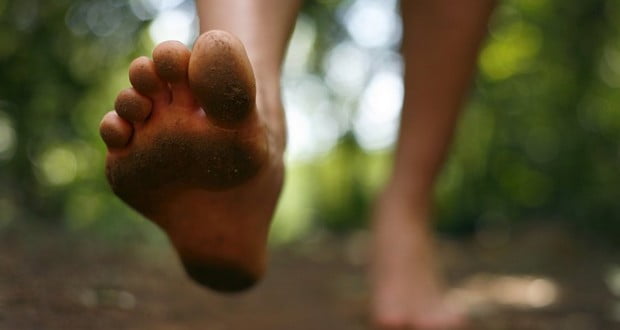1Babies

Babies can drink and breathe at the same time, even though adults can’t. For the first 3 months of life their larynx acts like a little snorkel.
2. Codeine is broken down in the liver to become morphine and that’s why it’s such an effective painkiller.
3. Laser tattoo removal is the process of using different wave lengths of light to break down the metallic ink particles to sizes small enough that they can be passed to the liver by your body’s white blood cells.
4. The fertilizer used by the Tobacco Industry is radioactive. The plant absorbs it and the smoker inhales it. It gets lodged in the lungs and over time contributes a huge radiation dose to the smoker and could be a factor in lung cancer.
5. Common vaccines used on “hundreds of millions of people” were developed from lung tissue cells of a 3-month-old female human fetus aborted in Sweden in 1962. It’s not clear if the mother gave her permission.
Latest FactRepublic Video:
15 Most Controversial & Costly Blunders in History
6Armstrong's Limit

Armstrong’s Limit is the altitude above which no human can survive without pressurization, even if using an oxygen mask. Water in the lungs will boil at body temperature, due to the reduced pressure. Above Earth, this begins 18–19 km (60,000–60,000 ft) above sea level.
7. It’s possible to die from Secondary Drowning. After someone comes close to drowning, the fluid trapped in their lungs can kill them hours later.
8. Corexit, the chemical dispersant used to “clean” the BP oil spill, is known to have high levels of toxicity in humans, with known links to lung damage, cancer, and other chemical poisoning effects. Corexit is still the go-to chemical for oil spills with no policies banning it in the US.
9. Tall thin males are at a much higher risk of spontaneous pneumothorax or sudden collapse of a lung.
10. The total surface area of all the alveoli in your lungs is about the size of a tennis court.
11Poop Pressure

You can’t breathe while pooping because your epiglottis closes and you use the air pressure in your lung to push out the waste.
12. Before the invention of the heart-lung machine, surgeons used “cross circulation” for open heart surgeries. A child was connected to their parent’s heart, which oxygenated the patient’s blood and pumped it back in.
13. When you are born and take your first breath, the pressure change in your lungs causes a valve between the two atria in your heart to close and eventually fuse. When this doesn’t happen correctly a baby can have a hole in their heart, but initially everyone had the same hole.
14. Humans have odor receptors in the lung.
15. Drowning in salt water is different than drowning in freshwater. It takes longer, and salt water draws blood from the cells into the lungs. You drown in your own blood.
16Hiccups

Hiccups are a holdover from early evolution when early land animals had both gills and lungs.
17. Strontium-90, an isotope emitted from nuclear fission, is chemically similar to calcium. This means that when it is inhaled after a nuclear blast, the body uses it as it would use calcium, depositing it straight into your bones where it delivers beta radiation to your bone marrow.
18. Fracture Putty is a material that is being developed that when packed in and around a bone fracture, provides full load bearing strength within days. It would create an osteoconductive bone-like structure that degrades into harmless resorbable byproducts as normal bone heals.
19. Males may have evolved facial features specifically designed to take a punch. Researchers found that facial bones commonly broken during a fight grew more resilient as time progressed and were the same bones that showed the most divergence between males and females.
20. We typically do not start to think of foods as “too sweet” until our bone growth stops. Younger children have virtually no limit to the amount of sugar they find palatable.
21Human feet

A pair of human feet consist of 52 bones and account for 25% of all bones in the body.
22. After examining skeletal remains of medieval men, archeologists can tell who were archers because bows required a lot of strength to pull which deformed bones.
23. If a child loses their fingertip, it may sometimes grow back (nail, bone and all), though without a fingerprint.
24. Black Death resulted in a stronger and longer-living human population. Scientists examined the bones of those who died before and after the plague and determined that people who were born after were stronger and more fit.
25. Humans are the only primates without a penis bone, leaving us dependent on hydraulic pressure alone. The penis bone in other primates “aids sexual reproduction by maintaining sufficient stiffness during sexual penetration.”




